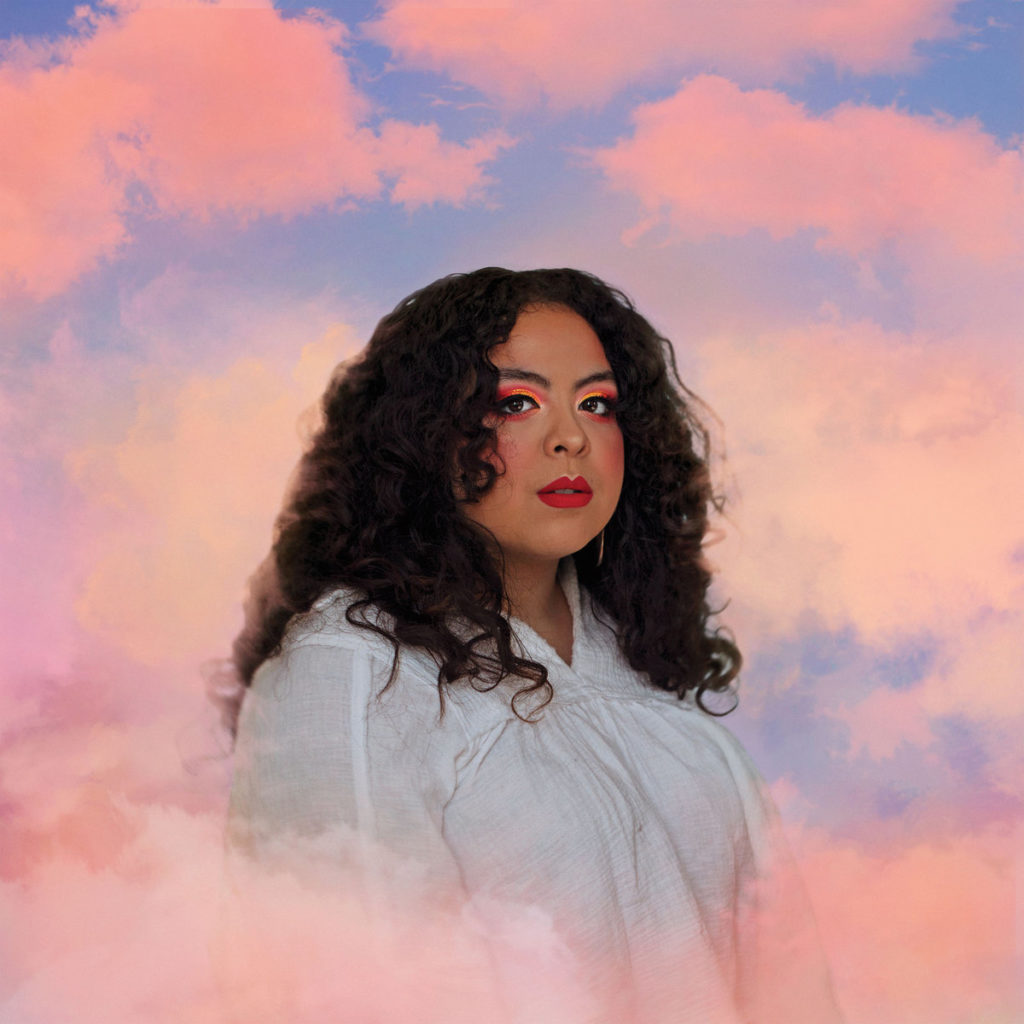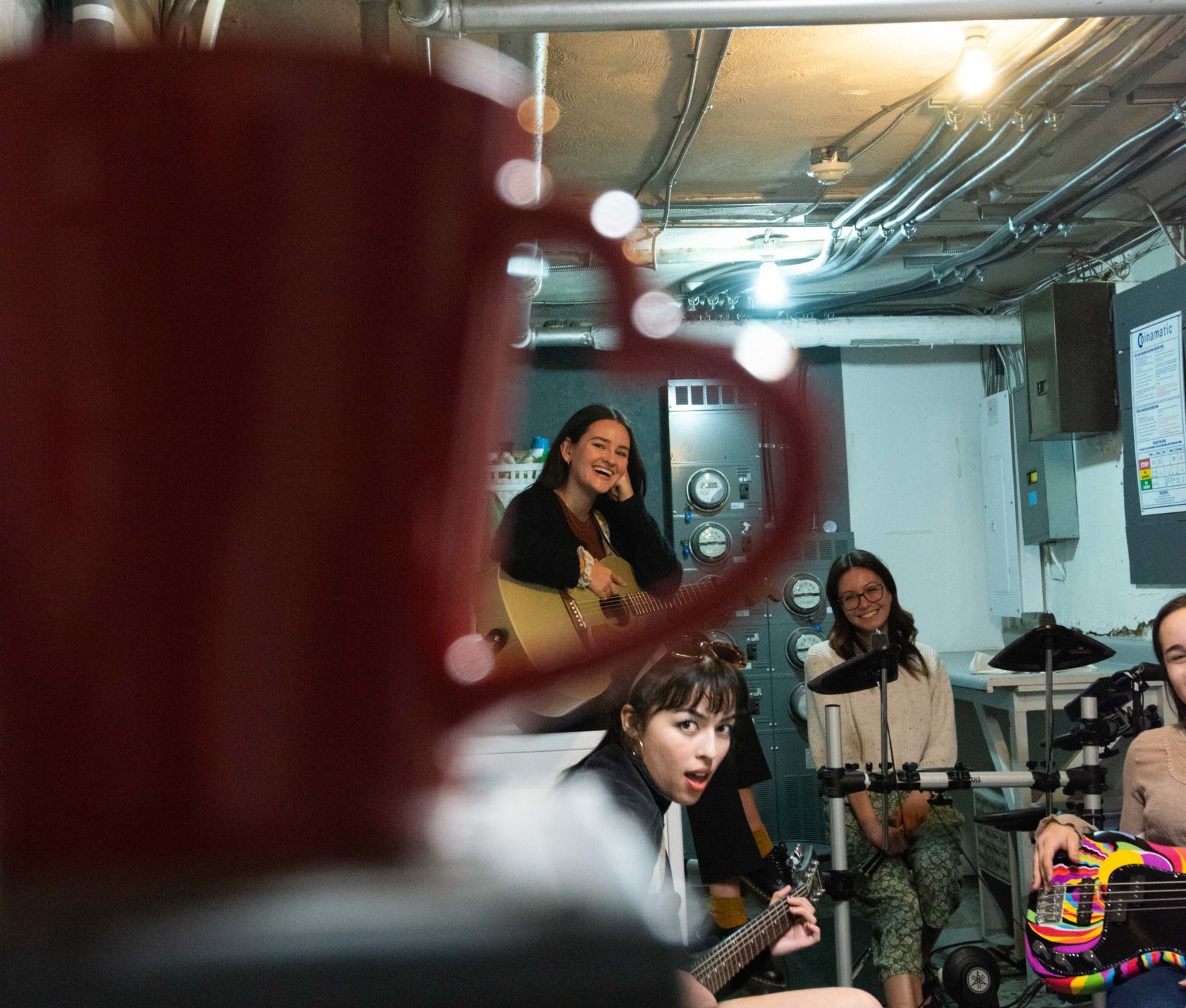
by Grace Hrabi
Next To The Sun, the latest release from Chicago-based musician KAINA (pronounced Kah-e-na), is an exploration into the struggles the artist has faced growing up as a first-generation Latina, born and raised in the United States. Her Venezuelan and Guatemalan background influences not only her musical styles but also her lyrics, which are honest and hopeful, keeping the listener open to the reality of her life experience throughout.
KAINA’s previous EP releases, Sweet ASL in 2016 and 4U in 2018 were musically similar but did not have the same openness lurking in the lyrics. Compared to Next To The Sun, those EPs feel like the artist was just dipping her toes in the water to see who was listening before really opening up about who she is.
The album starts with “House.” The track builds gradually, using different reverbs and effects, putting the listener in a trance of anticipation before a single word has been sung. We hear a voice humming, inviting us to come closer. Finally, an ethereal voice invites the listener to know her struggles. The opening line “You with your walls, you’re so proud / You stay so happy keeping all us out” is such a poignant first hand account of what so many people feel not just in the U.S., but universally. “All this divide, it ain’t so healthy / There’s room for plenty,” she summarizes in the chorus. The song sets the tone for the album in its honesty, but it also sets the listener up to know the lyrics are going to be introspective.
My stand-outs on the album are “What’s A Girl” (delivered in a style reminiscent of Fiona Apple) and “Joei,” which opens with a conversation between (presumably) KAINA and a child about having a crush on someone and keeping it a secret if they don’t feel the same way before KAINA’s voice asks “Am I a secret?” I love the perspective shift from the secret keeper to the sudden realization that all of us could be someone else’s secret. The closing track, “Green,” is my favourite on the album. The beat is irresistible as she sings about all of the people who came before her, and the line “But know me for my truth” really sums up the album. As KAINA said in an interview with Pitchfork, “you can’t be a vessel for good if you’re not being honest.”

